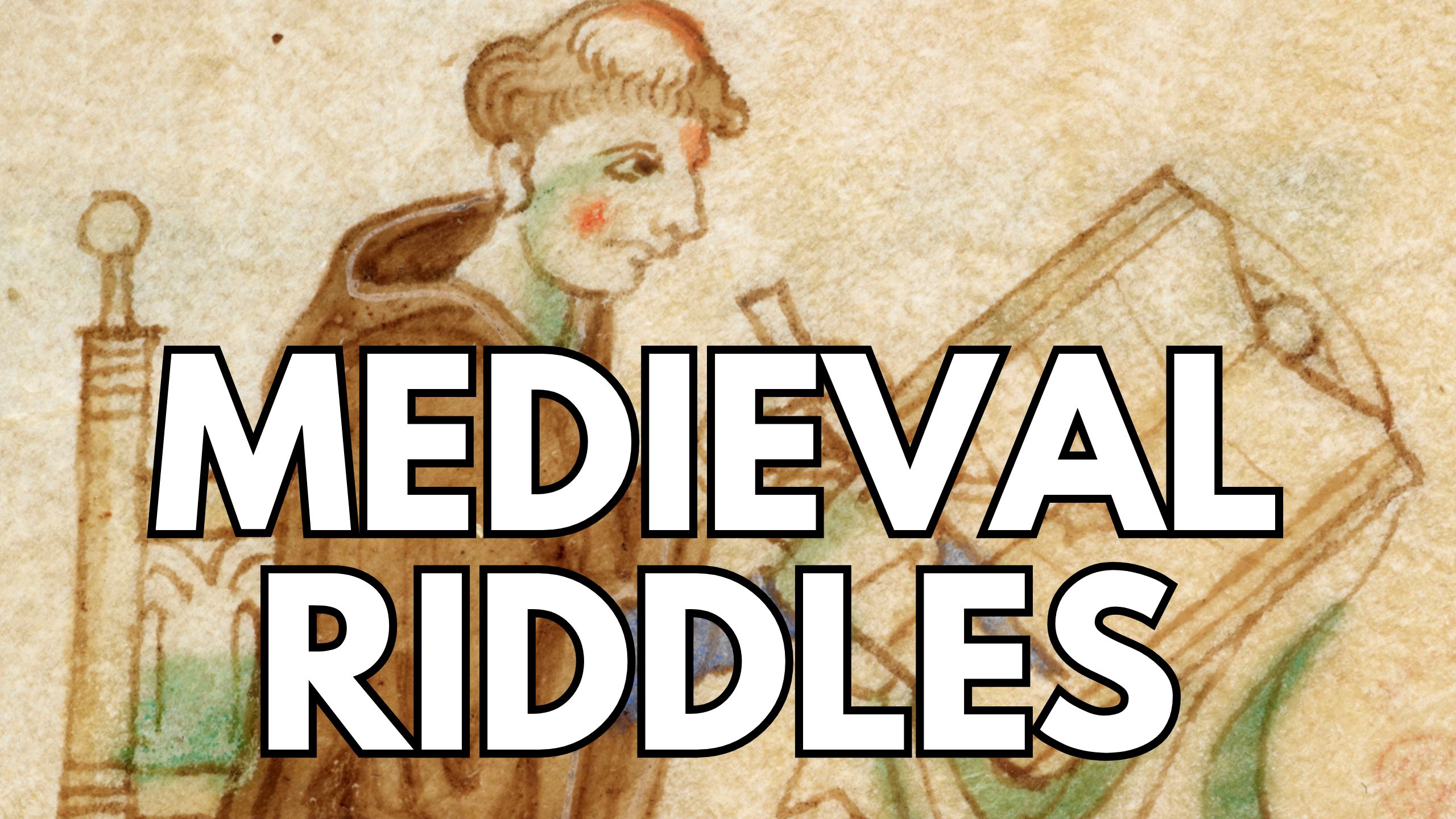
"Test your brain with 20 medieval riddles written by the monk Claret, whose clever puzzles entertained and challenged minds centuries ago. See how many of these historic medieval riddles you can solve today. Around 1365, the Czech monk Claret composed a remarkable collection of 136 riddles known as Engimaticus. Some appear as clever little poems, others as sharp one-line questions."
"Claret's book of riddles was edited and translated by Frederic Peachy, who finds that our monk was very down-to-earth and was able to draw on the everyday things around him to compose his puzzles. Peachy writes that "Claret the riddler was both priest and peasant: only a cleric could have written as he did, only a man of the people could have written what he wrote.""
"While the riddles we've chosen are relatively easy for a modern reader, some of Claret's originals are far more puzzling. Take this one, for example: Climb the column, find the woods, and let your five dogs run loose. Answer: Run your fingers through your hair. Others seem to be just a good joke: What did the whole world hear? Answer: The horse when it farted in Noah's Ark. Why is God wise in all things? Answer: Surely he is old enough."
Twenty medieval riddles present a mix of poetic puzzles and concise one-line questions that often draw on everyday life and humor. Many answers are literal, tactile, or playful, ranging from actions like running fingers through hair to bodily jokes such as a horse farting. Some riddles offer multiple valid answers—for example, water, a ball, a wheel, and quicksilver all answer 'what runs without feet.' The riddles employ accessible imagery and surprise, combining clerical knowledge with peasant experience to create down-to-earth, entertaining challenges that remain solvable and enjoyable for modern readers.
Read at Medievalists.net
Unable to calculate read time
Collection
[
|
...
]